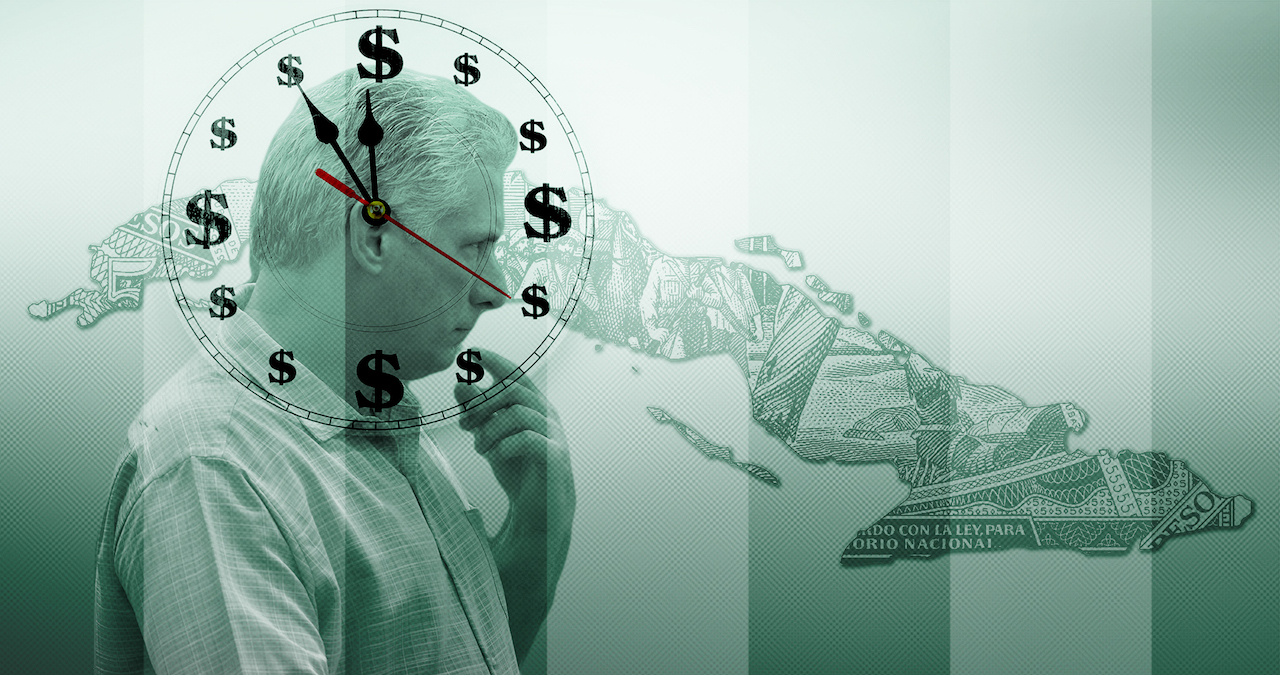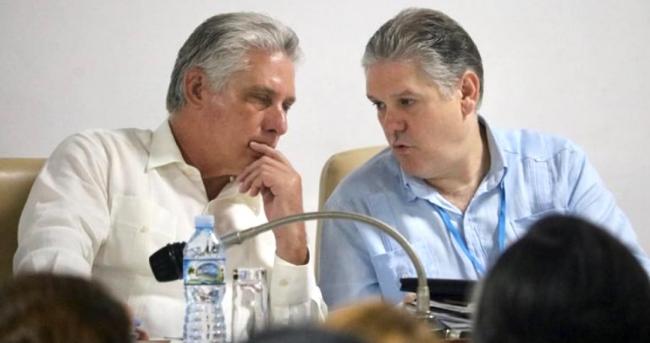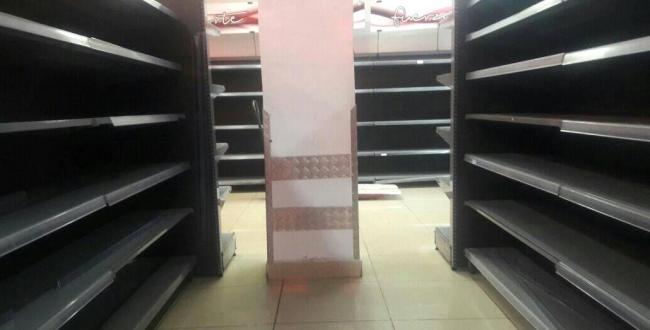Regarding monetary and exchange unification, the important thing is to understand "Why now?" And this is impossible without grasping a basic idea: the decision has never been economic, but rather political. The Cuban Government's economic decisions are invariably always calculated to maintain political power. How they affect the population is important, but not critical.
For years the authorities put off the decision, claiming that it was a very difficult one, but if we analyze the logic behind the "difficulty," we see that the important thing was that it needed to cover up an accumulation of corporate inefficiencies. Unification would have the consequence of revealing, by opening the accounting books, that many State-owned companies were bankrupt, which would mean a dilemma for the government, forcing it to allocate funds from the State's budget to sustain them, or close them, resulting in massive layoffs.
As the State budget is already in the red, these subsidies would entail aggravating deficits; in other words, spending even more than what is taken in, which would generate a debt that, in the case of the Cuban government, a notorious international welsher, would imply generating inflation, liquefying the value of money through monetary expansions.
Let's not lose sight of the fact that this is already happening, as inefficient companies are operating thanks to subsidies, surreptitiously, thanks to the various exchange rates with which they operate. The accounting adjustments after the unification would lay bare a problem that already exists; that is, it would not be creating a new one. Quite simply, the disaster they have wrought would come to light, which, in the short term, would reflect very negatively on the GDP.
Therefore, the justification of the difficulty does not hold water. The real reason is that unification would have shone a light on the bubble hidden in the intentionally convoluted maze of our National Accounts, exposing the fiasco that 60 years of nationalization have been, and the fact that its maintenance cannot be justified.
No less important is that the gloomy outlook resulting from this would threaten what is a pressing need for Cuba: to look good as a destination for foreign investors, as no one invests in a bankrupt country that is not taking serious steps to rectify the model that led to that situation in the first place.
Furthermore, in terms of economic policy they had a powerful incentive not to unify: keeping the unification debate going created the illusion that there was still the potential for the economy, under its current model, to prosper. The following reasoning was nurtured: "if the existence of two currencies is a heavy burden, when they finally manage to solve it - which they haven not because it must be very difficult - our economy will flourish."
This pretext served them to buy time and avoid making essential economic adjustments, deceiving the public into believing that the State cannot take measures to liberalize the economy because, until the currencies are unified, everything else is secondary. Thus, unification was portrayed as a preliminary and essential step before anything else.
Having revealed the hollowness of the "difficulty" argument, and the true reasons why they avoided unification until now, it remains to be seen how they are going to do this when we are facing the worst possible situation, economically speaking.
According to the Finance Minister, on the one hand there are "lower levels of economic activity ... and, on the other, an increase in expenditures, in both foreign and national currency, including imports, to deal with the pandemic."
This is where we must bear in mind that economic measures in Cuba are taken based upon the political interests of the Government, not for the well-being of Cubna society. The current very bleak economic panorama is the perfect political excuse to justify a contraction of GDP, as the impending storm can be used to mask and obscure the unification's effects.
Naive were the souls who thought that the government was waiting for an economic boom, with increases in labor productivity, exports, food production, or even in remittances, to undertake unification from a position of macrostructural strength, thereby being able to assume and shoulder, as a socialist state, the difficulties involved in the process, which is what socialist states are expected to do. The reality is that the government was waiting for just the right time ... to sweep its messes under the rug of a major disaster.
In short, they did not undertake monetary unification before because it was not a good time, for them, and now they will, because it is. What happens to the people is secondary, a mere side effect.



